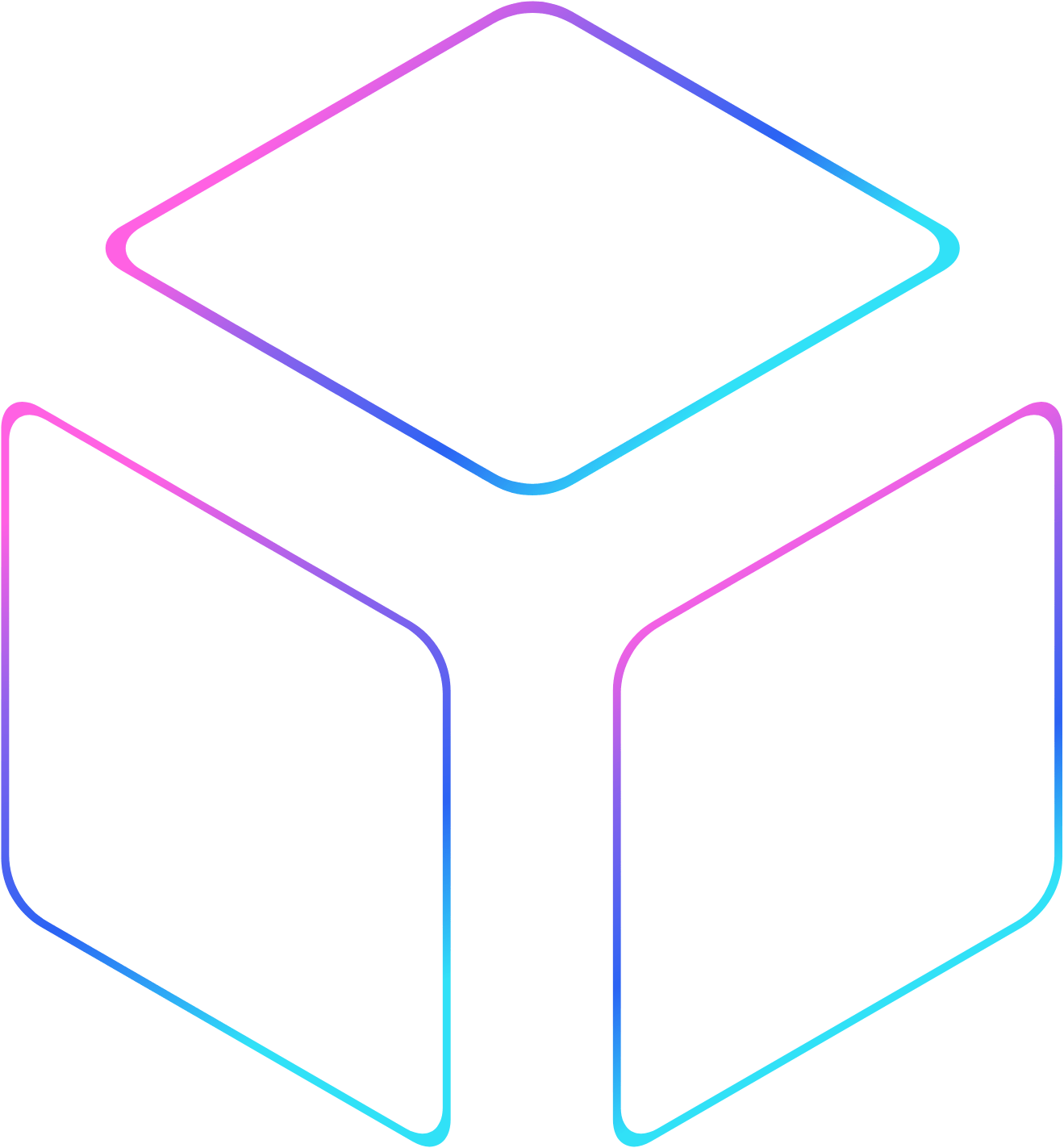Perhaps it’s the unique blend of software developers and educators that makes Scorion stand out. While we specialize in software development, we’re far from just another IT company. Education is our passion, especially when it comes to innovating within it. And the groundwork for this was laid years ago.
Before then, a portfolio was typically a collection of documents showcasing a student’s work. However, in professions where precision is important (such as medicine), this traditional portfolio model fell short. There arose a pressing need for a portfolio capable of capturing daily work and learning moments.
A significant amount of time, resources, and effort has been invested in IT in education worldwide in recent years. However, one might question whether these investments have resulted in substantial improvements. Around the same time as we recognized a gap in education, Prof. Dr. Cees van der Vleuten initiated pioneering research at Maastricht University Medical Center on Programmatic Assessment in medical education. The concept of using data points to capture a continuous stream of feedback and decision moments aligned perfectly with Scorion’s vision.
Similarly, Prof. Dr. Olle ten Cate embarked on research to enhance the content of medical education. He developed a groundbreaking framework centered on the Entrustable Professional Activity (EPA), forming the basis of a novel method for informed decision-making, particularly within medical professionals or learners. Scorion emerged as an ideal platform to support curriculum and teaching with this concept.
Scorion’s exceptional flexibility enables it to accommodate various educational approaches seamlessly. Whether working with competencies, EPAs, or adopting programmatic assessment, Scorion adapts effortlessly. Moreover, Scorion supports a diverse range of feedback and assessment formats, including 360-degree feedback, self-reflection, and group-oriented processes such as station tests or OSCE.
Unlike traditional portfolios, Scorion prioritizes the individual learning journey. Recognizing that each learner progresses at their own pace, Scorion allows for personalized programs, particularly beneficial for courses emphasizing practice or workplace learning.
Flexibility extends to the feedback process, especially pertinent when learners undertake internships across multiple organizations. Scorion offers ingenious solutions, such as QR code-enabled feedback submission and “push” feedback, streamlining the feedback collection process without burdening supervisors with administrative tasks.
With our sophisticated role and rights system, we ensure that all functions can be customized at an individual level. This allows you to easily manage access to different parts of the portfolio for specific users.
These innovative solutions, along with the expertise of our experienced consultants and specialists, contribute to making Scorion stand out not only as a product but also in terms of its usability and support.
